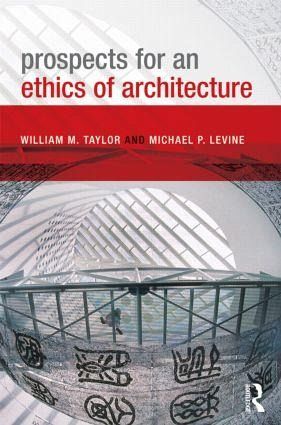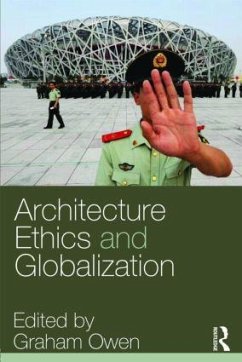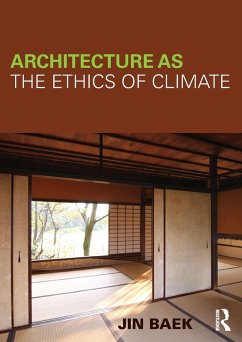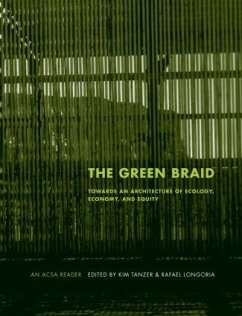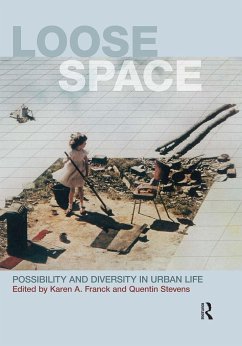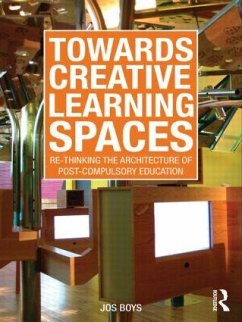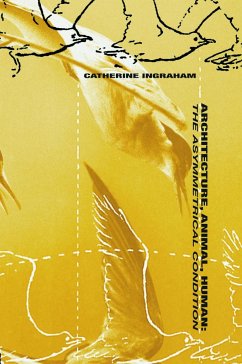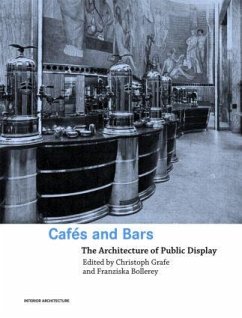William M. Taylor is Professor of Architecture at the University of Western Australia where he teaches architectural design and history and theory of the built environment. His recent work includes The Vital Landscape, Nature and the Built Environment in Nineteenth-Century Britain (Ashgate, 2004), the edited collection The Geography of Law, Landscape and Regulation (Hart, Oxford, 2006) and the co-edited book An Everyday Transience: The Urban Imaginary of Goldfields Photographer John Joseph Dwyer (UWA Press, 2010). He is currently researching the subject of architecture and transience and preparing a collection of essays on architecture, ships and the sea. Michael P. Levine is Professor of Philosophy at the University of Western Australia. He has taught at the University of Pennsylvania, Swarthmore College, Baruch College (City University of New York), the University of Virginia, and in Moscow as a Fulbright Fellow. Recent publications include Politics Most Unusual: Violence, Sovereignty and Democracy in the 'War on Terror' (co-authored); Integrity and the Fragile Self (2003, co-authored); Racism in Mind (2003, co-edited); The Analytic Freud (ed.); and articles on moral psychology, philosophy of religion, history of philosophy, metaphysics, and film. He is currently writing on philosophy and film.
